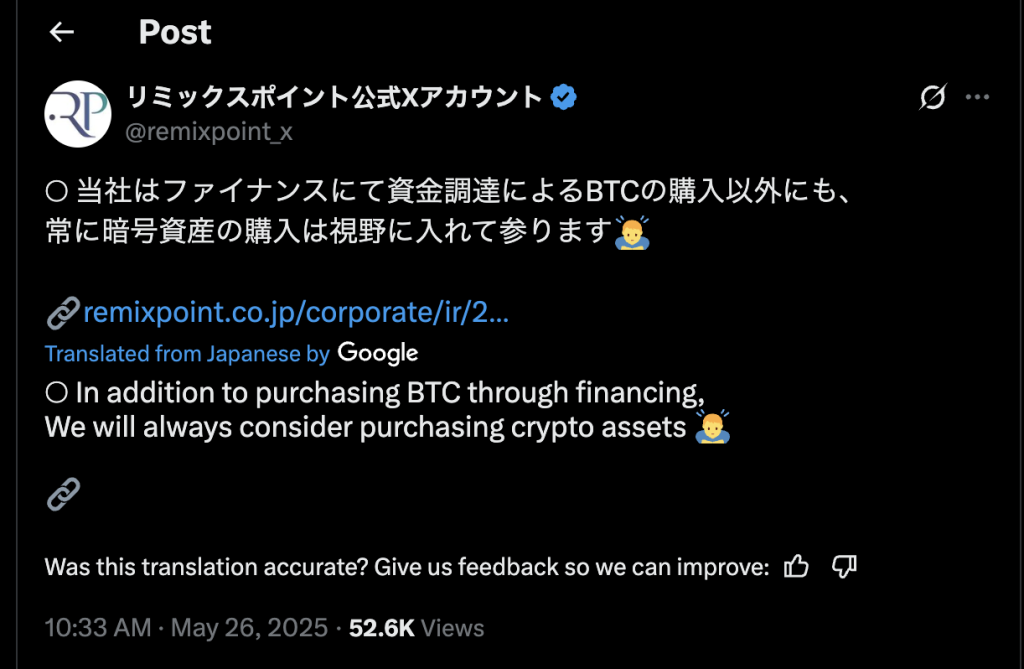Corporations may soon start speaking out on the rising economic costs of political polarization.
getty
The financial impact of a polarized Congress has just become a whole lot more expensive, and corporate boards may ultimately have something to say about it.
By now, most corporate leaders have read the “top of the fold” message: the recent, controversial decision of Moody’s Investors Service to revise its outlook on the U.S. government’s ratings from stable to negative. Next, those leaders may recognize the potential impact it might have on the economy in general, continued budget deficits and, perhaps most significantly, the affordability of debt.
But they might not immediately recognize the extent to which political, and not just economic, concerns drove Moody’s to its decision. And once they do, they’ll realize that it may involve more of a call to corporate action than first anticipated.
For Moody’s focused squarely on the economic costs of continued political polarization to the country’s already weakening fiscal strength; the ongoing impact of partisan dysfunction on reducing the budget deficit. Indeed, Moody’s rating action zeroes in on a laundry list of political divisions it blames for preventing urgently necessary fiscal policy action.
It’s a list that will seem familiar to most board members (and to most consumers): “renewed debt limit brinkmanship, the first ouster of a House Speaker in US history, prolonged inability of Congress to select a new House Speaker, and increased threats of another partial government shutdown due to Congress’ inability to agree on budgetary appropriations.”
And there’s no hope on the horizon-Moody’s expects the polarization to continue, frustrating Congressional agreement on measures that would increase government revenue or reform entitlement spending. Short term spending patches (also known as continuing resolutions) passed before the Thanksgiving holiday don’t count as serious examples of action.
Moody’s is not alone amongst the leading credit rating agencies in placing the blame on Congress. Observers will remember the decision last August of Fitch Ratings Services to downgrade the long term credit rating of the U.S. Fitch, too, was frustrated by the partisan strife it blamed for eroding confidence in fiscal management and causing “the steady deterioration in the standards of government.”
And that’s a frustration that is increasingly being felt in corporate boardrooms, especially as they become more informed of Moody’s credit decision. But there may be a positive way for boards to channel those frustrations. For while companies cannot always directly influence general economic conditions, they are increasingly willing to influence political and social conditions.
Over the last several years, corporate stakeholders have regularly challenged corporations to address sensitive social and political issues, particularly when they perceive government as unwilling or unable to do so. Some members of the business community have responded to this challenge, leveraging their public profile on issues ranging from presidential succession, to voting rights legislation, to LGBTQ controversies, to abortion rights and, more recently, to foreign affairs.
The cost of fiscal policy paralysis impacts not only the company and its shareholders, but its customers, vendors, employees and communities as well. And that shared pain might be sufficient for companies to exercise their corporate voice with a forceful call to end the brinksmanship that has become so broadly expensive.
It’s a voice that can be exercised by the public comments of corporate spokespersons, through company corporate affairs offices, by board member contacts with influential politicians, through policy statements of industry groups and coalitions, and by campaign contribution decisions, among others.
The exercise of the corporate social voice is ultimately the board’s call, and it is never an easy one. In making such a decision, the board needs to weigh the interests of its stakeholders against broader corporate concerns of reputational harm, negative publicity, internal opposition and political blowback.
But in the end, the fiscal integrity of the country may just be one of those important issues on which prominent companies are expected to publicly engage. To tell the “Bickering Bickersons of the Beltway” to focus more on the economic vitality of the country than the politics of extremism. To let them know that there’s a cost to them, too, if they don’t.
Credit: Source link










